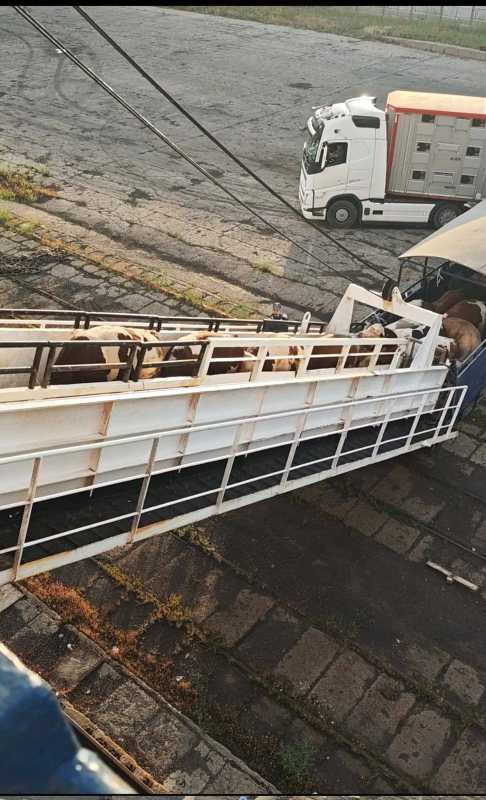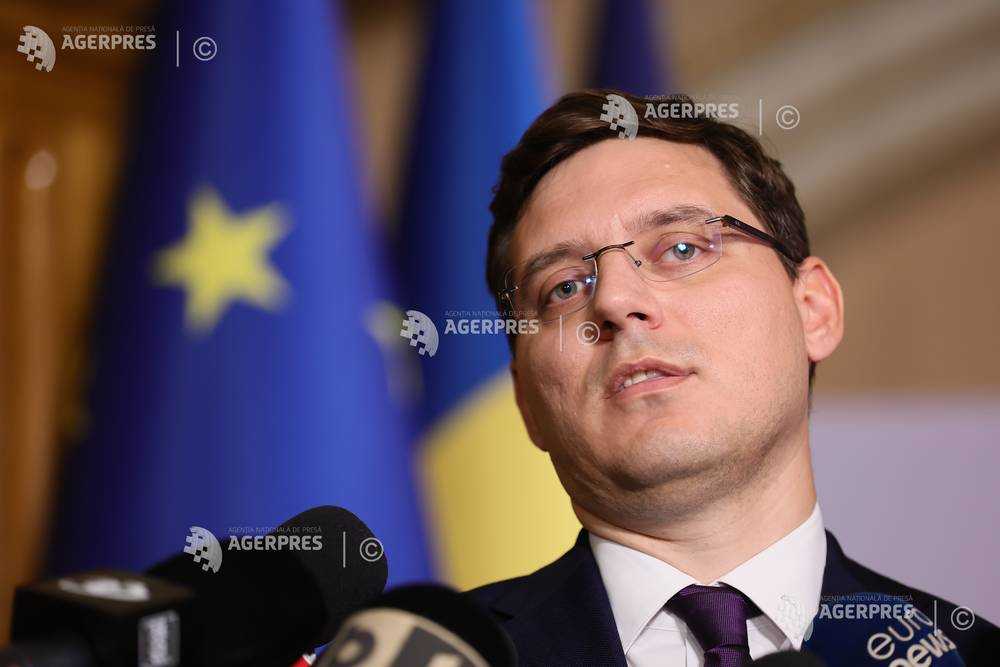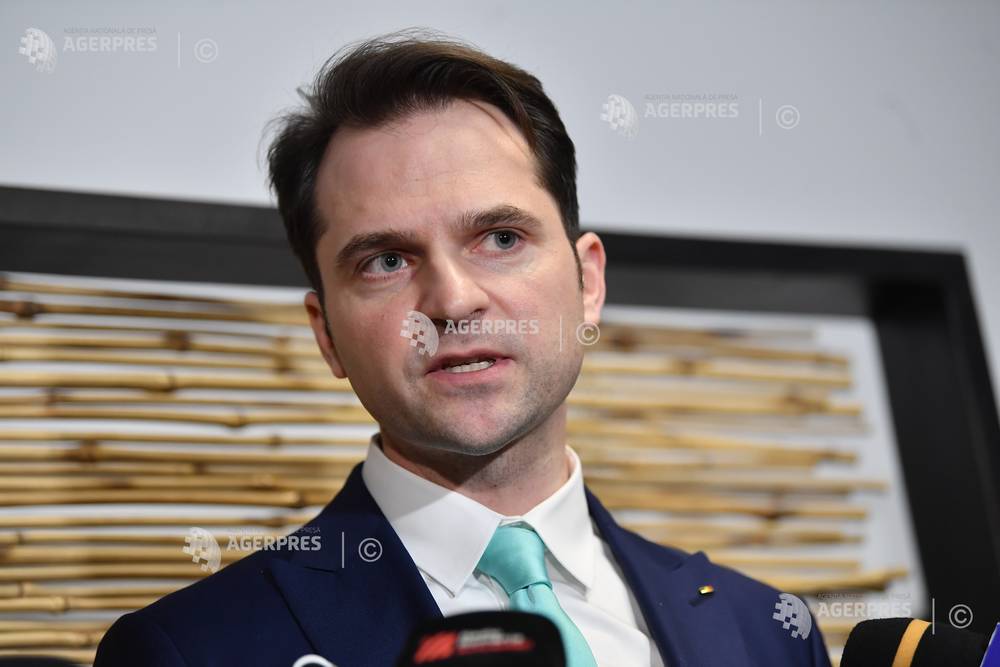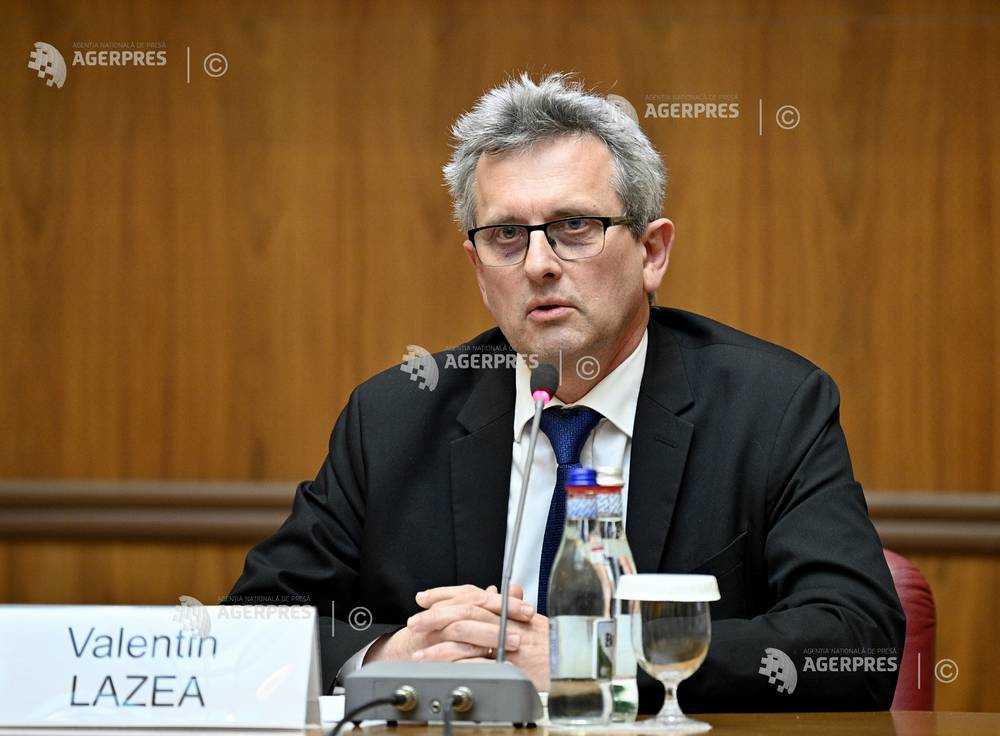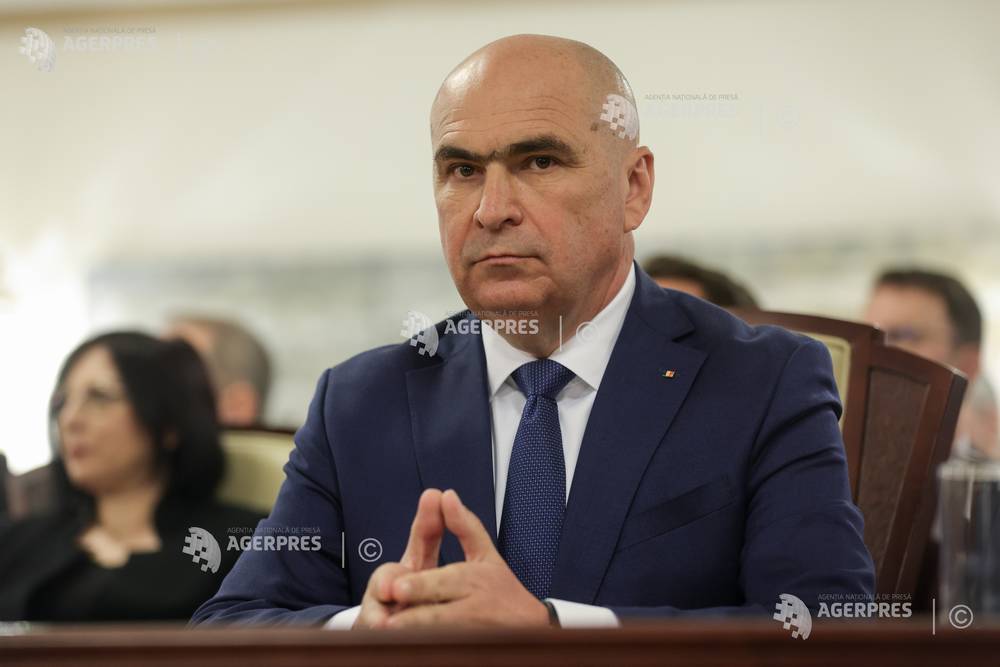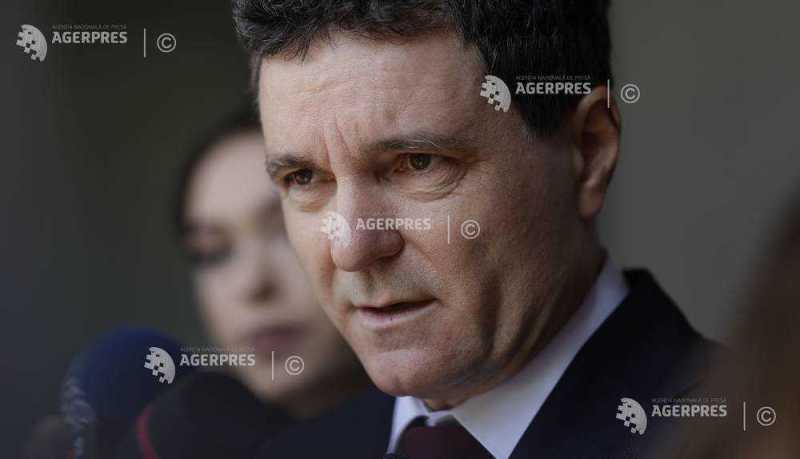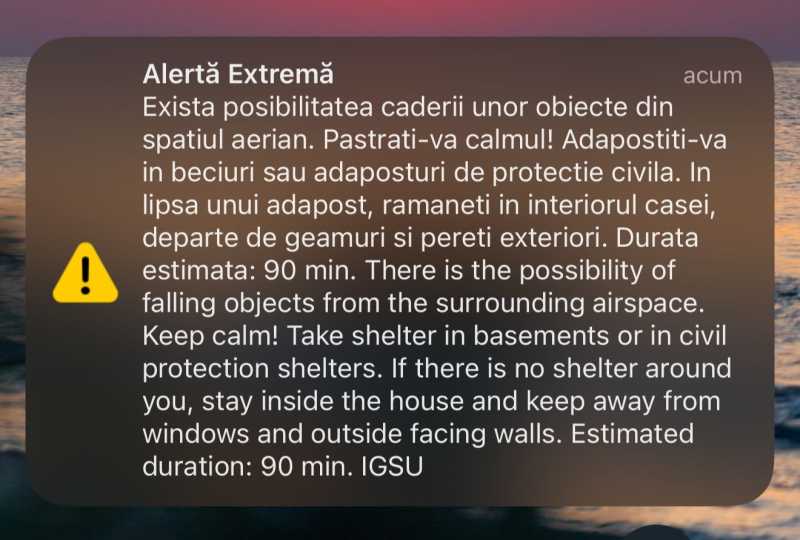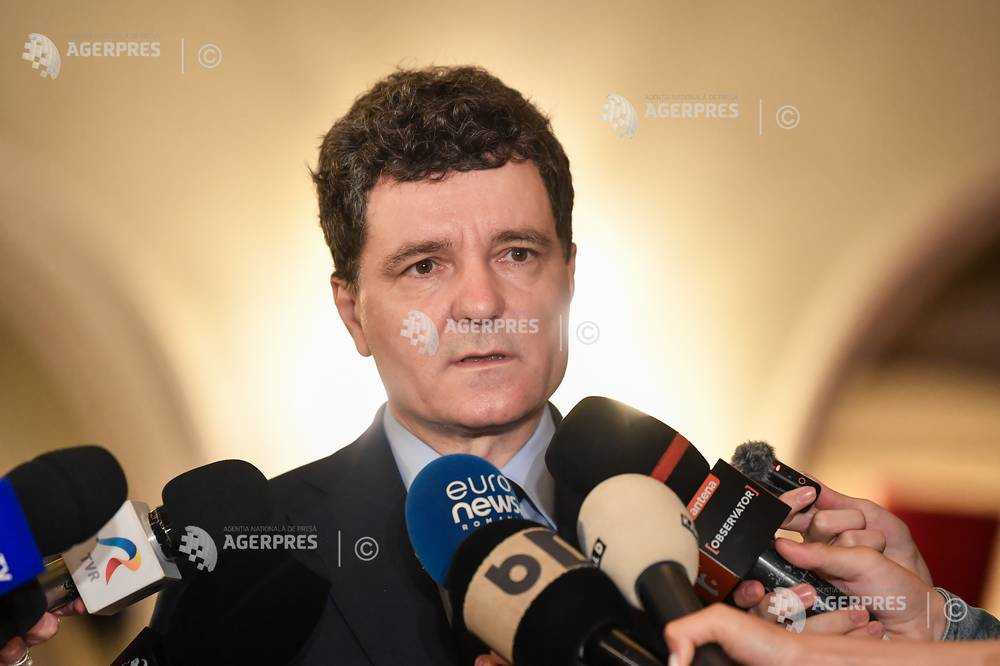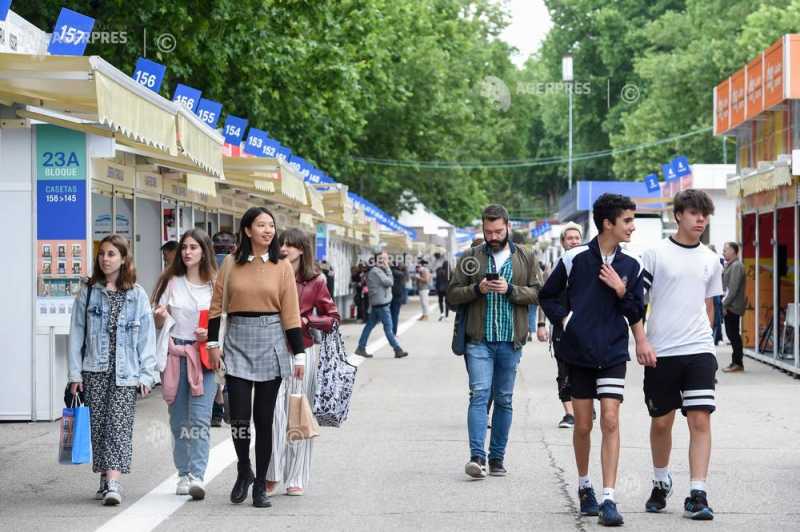Spain and Portugal blackout puts EU's ageing power grid in the spotlight (enr)
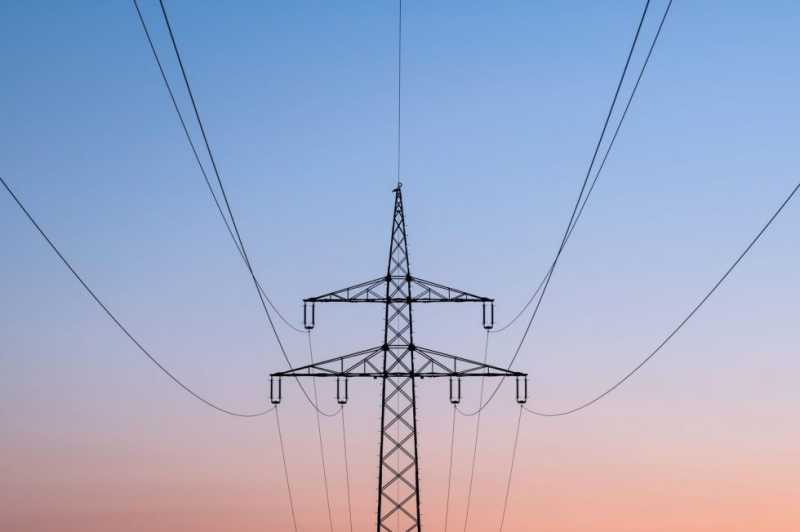
While the blackout lasted less than 24 hours, it caused shockwaves across Europe and raised questions that will linger for much longer.
When lights went out across Spain and Portugal last week, trains stopped, phones died, and entire cities were plunged into darkness. It was a stark warning for Europe's ageing electricity grid, which is under growing pressure from a changing energy mix and increasing demand.
While what caused the outage is still unclear, the question of how Europe can avoid another one is being asked.
Is renewable energy to blame?
Rumours have been swirling that it was anything from a cyber attack to a high share of renewable energy in Spain's electricity mix.
The European Commission dismissed speculation about the latter.
'The Spanish and Portuguese operators, they are well experienced in handling high volumes of renewable generation in their electricity systems,' a spokeswoman said.
She added that the EU had rules in place to ensure 'the balancing of the electricity system and its capacity (...) to absorb renewable generation'.
Meanwhile the grid operator, Red Eléctrica, ruled out a cyberattack referring to an analysis conducted by the country's intelligence agency.
'We have since yesterday had the support of the Incibe [National Cybersecurity Institute] and the CNI [National Intelligence Centre], and this morning we were able to conclude that there was no penetration of the Red Eléctrica control systems that could have caused the incident,' Red Eléctrica system operations director Eduardo Prieto said.
The Commission will prepare an independent report on the massive blackout on the Iberian Peninsula. This report will include a first technical version, which will be ready within six months, and another study—which will also include recommendations - which should be completed before September 2026, European sources reported.
'As it is likely that different elements contributed to the Iberian blackout, even once the chain of events leading up to it is understood, specific interest groups will likely point to particular failures to promote their preferred technical/managerial solutions,' Georg Zachmann, a Senior Fellow at the policy think tank Bruegel, said.
Experts urge action as electricity use surges
Electricity use has been growing for years, but it's expected to grow even faster in the future. This is mainly because more people will be using things like electric cars, heat pumps to warm their homes, and solar panels to produce their own power.
By 2050, these changes could almost double how much electricity we use today, according to Eurelectric, a European electric industry lobby group.
Yet investment in the ageing grid (30% of Europe's grids are over 40 years old, Eurelectric says) is not increasing at the same pace. The European Commission's European Grid Action Plan, published in November 2023, says that 584 billion Euro in investment will be needed by 2030 to meet this growing electricity demand.
Many experts and researchers agree that increased investments to upgrade Europe's energy grid are needed, something they have been calling for long before last week's events.
'As society relies more and more on electricity, it's crucial that electricity is reliable,' said Kristian Ruby, Secretary General of Eurelectric, in a statement last week.
In Slovenia - one of the smaller EU members - alone, grid operator Eles has outlined a 5.15 billion Euro plan to modernise the national transmission and distribution network by 2034.
'Changes across all technological fields, from the implementation of unpredictable renewable energy sources into the system to heat pumps and electric mobility, are penetrating the energy sector and drawing the outlines of the modern world. However, for society to truly become fully electrified and low-carbon, reinforcements, upgrades, adaptations, and modernisation of the electricity grid will be crucial,' Eles said last Thursday.
What are the challenges facing Europe's electricity grid?
The rise of renewables is crucial for combatting climate change and increasing energy security, but there are logistical challenges.
Grid operators must ensure that electricity is constantly balanced between demand and supply.
A metric of this balance is the frequency of the electricity flowing through the grid, set at 50 hertz (Hz) in Europe and 60 Hz in the United States. If that number drifts too far off, it can jeopardise the grid.
Historically, the electricity system has relied on conventional power plants - gas, coal, nuclear and hydroelectric - that use spinning turbines to generate electricity.
These machines keep the frequency stable. With their gigantic rotors spinning at high speed, they provide inertia to the system. If a power plant fails or if electricity demand increases too quickly, they help stabilise the grid by releasing the kinetic energy stored in the rotors.
Instead of spinning machines, solar and wind farms use electronic systems that feed power into the grid, making it harder to maintain that delicate balance.
Renewable energy will have to do more than provide carbon-free electricity in the future, said José Luis Domínguez-García, an electrical systems expert at the Catalonia Energy Research Institute (IREC).
They will have to 'assist the system with additional controls to support the grid, particularly in inertia terms', he said.
Marc Petit, professor of electrical systems at top French engineering school CentraleSupelec, argued that moving away from fossil fuels would make hydroelectric and nuclear power plants 'even more essential for stabilising the system' as they use rotating machines.
A range of technical solutions already exist to compensate for renewables' lack of inertia and hence to support grid stability. These include gravity storage, cryogenic (extremley cold) liquid air, compressed air and concentrated solar power.
As it undergoes a transition away from coal, Britain is banking on flywheels, a tried and tested system: Surplus power from solar and wind farms is used to make the large wheels turn, creating kinetic energy.
This stored energy can then be converted to provide electricity to the grid if needed.
Just before the massive blackout on April 28, wind and solar power provided 70 percent of Spain's electricity output. But renewables are intermittent sources of energy as they rely on nature.
When the wind stops blowing or the sun is hiding, other sources have to step in within minutes, or there need to be adequate systems for storing - and then releasing - renewables in place.
Depending on the country, backup supply currently comes mainly from thermal power plants (gas or coal), nuclear reactors or hydroelectricity.
To handle the ups and downs of renewable power, countries must ramp up storage capacity.
Should European countries increase cross-border grid connections?
Increased interconnectedness on the European energy grid is also touted as a way to stop future blackouts.
How power was restored last week shows these benefits.
German transmission system operator Amprion helped France with energy supplies while a French energy provider supported Spain and Portugal .
French grid operator RTE provided power at short notice to restore the grid on Monday, the German company reported. 'For its part, Amprion supported the situation with a cross-border energy supply to France,' a spokesman said.
Europe's interconnected power system means neighbouring states can help each other out, with transmission system operators able to provide each other with emergency support, namely unscheduled energy supplies.
'This would also have a stabilising effect in the event of an incident in our system,' the spokesman said.
Throughout the bloc, all grid operators have emergency instruments in place to be able to respond to major disruptions. 'The size of the European interconnected grid also has a stabilising effect here,' he said.
However, there are differences within the region. This does not apply to the more peripheral Iberian Peninsula to the same extent as it does for Germany, which is surrounded by several neighbouring European countries, he noted.
Grazia Todeschini, reader in engineering at King's College London, said Europe has 'the largest synchronous electrical grids in the world', supplying over 400 million customers in 32 countries and most of the EU.
'This allows power exchange between countries but under very special and extreme situations it may mean that outages may propagate across different countries,' she added.
That happened last Monday, when the outage in Spain also hit its neighbour Portugal. A strengthening of energy interconnections between Portugal and the EU has been discussed for several years, but has never fully advanced, despite being important for increasing energy security.
Some EU countries are taking steps to strengthen grid interconnections. The capacity of Romania's electricity interconnectors with neighboring countries is expected to double by 2030, for example, helping create a more secure energy system and potentially lower electricity bills. Currently, there are 11 high-voltage (400 kV) interconnection lines. By 2030, this number is expected to grow to 16 or 18, expanding energy access across all regions, according to Transelectrica, the national grid operator.
_________________________
Fact Check: Alleged statement by Von der Leyen on CNN is fake
A fabricated statement attributed to the President of the European Commission, falsely presented as coming from CNN, in which she blames Russia for the blackout in Spain and Portugal, has been circulating.
Read dpa's fact check in German here: https://dpa-factchecking.com/germany/250506-99-756586/
The content of this article is based on reporting by AFP, Agerpres, ANSA, dpa, EFE, LUSA, STA, as part of the European Newsroom (enr) project. AGERPRES (editing by: Mariana Ionescu)
The content of the www.agerpres.ro website has the exclusive purpose of public informing.
All the information published on this website by AGERPRES is protected by relevant legal dispositions.
It is forbidden to copy, reproduce, recompile, decompile, distribute, publish, display, modify, create derived components or products or full services, as well as any exploitation of the site's content.
Details in the section Terms of Use. If you are interested in picking up AGERPRES news items, please contact the Marketing Department – [email protected].
The use of the Comments section entails your obligation to respect the AGERPRES terms and conditions in regards to the publishing of comments on the www.agerpres.ro.
Other news in category
Attorney General's Office launches strategic project to combat financial crime on Swiss funding
The Prosecutor's Office with Romania's to Supreme Court of Justice and Cassation (PICCJ) has announced having signed a funding agreement for the implementation of a strategic project in the field of financial investigations and recovery of proceeds from crime. The program - called 'Strengthening institutional capacity in the field of financial inve
ANSVSA: A transport with over 40,000 Romanian animals will leave for Algeria on Friday
A new transport with over 40,000 Romanian animals - cattle and sheep - will depart on Friday for Anaba (Algeria) from the port of Constanta, the National Veterinary Sanitary and Food Safety Authority (ANSVSA) announced in a post on Facebook. 'Today, May 30, 2025, a new significant transport of sheep and cattle sets off for Algeria, consolidating the econom
Romanian farmers will not be affected by the EU deforestation directive (official)
Romania and 10 other EU member states have signed a document calling for the revision of the deforestation directive and the postponement of the date of entry into force of the regulation, set for the end of 2025, as the requirements imposed on farmers and foresters are impossible to put into practice. As of December 30, 2024, the EU Anti-Deforestation Directi
Negrescu: EU will fund five gigafactories; Bulgaria is moving ahead, Romania could do the same
Romania has missed two EU funding calls aimed at establishing artificial intelligence (AI) factories, while Bulgaria is making progress and has decided to reallocate funds from its Recovery and Resilience Plan to co-finance a potential gigafactory project, European Parliament Vice President Victor Negrescu said on Friday at the D-TECH Forum. 'Romania can b
NuScale technology, licensed by U.S. Nuclear Regulatory Commission
The NuScale technology has been licensed by the U.S. Nuclear Regulatory Commission (NRC) with the 77MW model intended for the Doicesti project, meaning that Romania is ready to become a leader in safe and clean energy in Europe, Energy Minister Sebastian Burduja announced on Friday. 'The Ministry of Energy welcomes the announcement made by NuScale Power re
National Trade Union Bloc cautions President Dan on lack of social dialogue with employees' representatives
Romania is not built only with parties and entrepreneurs, an honest Romania is built together - employers, employees, parties, civil society, the National Trade Union Bloc conveys in an open letter sent to Romania's President Nicusor Dan. The trade union organization announces that the social dialogue with representatives of the employees is missing from t
SIE:French foreign intelligence service head did not visit Romania; attempts at manipulation and disinformation
The Foreign Intelligence Service (SIE) pointed out that the head of the French foreign intelligence service, Nicolas Lerner, did not visit Romania before the second round of the presidential election, and mentioned that it would not respond to 'attempts at manipulation and disinformation' circulated in the public space, and that insinuations about possible political
BNR's Lazea: Investments in digitisation and cybersecurity are not just an option, they are a necessity
Digitisation, combined with education, plays a crucial role in strengthening financial stability and stimulating Romania's economic development. Investments in this process, as well as in cybersecurity, are not merely an option but a necessity, according to Chief Economist of the National Bank of Romania (BNR) Valentin Lazea. 'The National Bank of Roma
PNL's Bolojan: Necessary to analyse modifications to ensure public access to relevant information after CCR decision
The interim chairperson of the National Liberal Party (PNL), Ilie Bolojan, emphasized on Friday that ensuring transparency is an essential element for regaining trust in institutions. According to him, follwing the publication of the reasoning of the Romanian Constitutional Court's (CCR) decision on asset declarations, it is necessary to analyse what modif
President Dan announces first discussion on gov't formation on Friday
A first discussion with the leaders of pro-European parties regarding the formation of the new government will take place on Friday, President Nicusor Dan announced. 'I had individual discussions with each party the day before yesterday, which went very well, and yesterday there was a committee, a working group formed of party representatives, which lasted
UPDATE/RO-ALERT message on Thursday night for objects falling from airspace against background of war in Ukraine
The population of northern Tulcea county received a RO-ALERT message on Thursday night, regarding the possibility of objects falling from the airspace, against the background of the war unleashed by Russia in Ukraine. The message was transmitted at around 1:30 and urged the population to remain calm and take shelter either in cellars or in civil defence shelte
President Dan: CCR decision contradicts essential principle of democracy - transparency in exercise of public office
President Nicusor Dan said that the Constitutional Court of Romania (CCR)'s decision on the declarations of assets is 'in contradiction with an essential principle of democracy - transparency in the exercise of public office'. 'Citizens' access to information on the declarations of assets of public officials is a guarantee of integrity and
Heroes' Day/ President Dan: We have duty to carry on dignified, united and respected country
President Nicusor Dan emphasised on Thursday, on Heroes' Day, the Romanians' moral obligation to carry on what the heroes who served in the line of duty started, namely a dignified, united and respected country. 'I am glad that this is the first official event I am participating in as President of Romania, because our country, as it is now - free,
Romania to participate in Madrid Book Fair, with national stand and 17 literary events
Romania will be present at the Madrid Book Fair, held from May 30 to June 15, with a national stand and 17 literary events. According to a press release sent Thursday to AGERPRES, Romania's participation is organised by the Romanian Cultural Institute (ICR) through the National Book Centre and ICR Madrid, with support from the Ministry of Culture and the E
Constanta Casino to be entirely cultural destination
The Constanta Casino will become entirely a cultural destination and will also host a cafe, nevertheless, gambling activities will no longer take place there, Marketing Director of the Casino Maria Besnea told AGERPRES. 'The Casino will be entirely a cultural destination. There will be private events, but public ones will all have cultural content. There w



